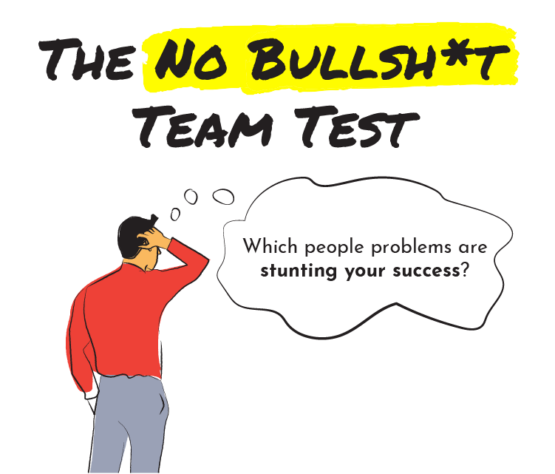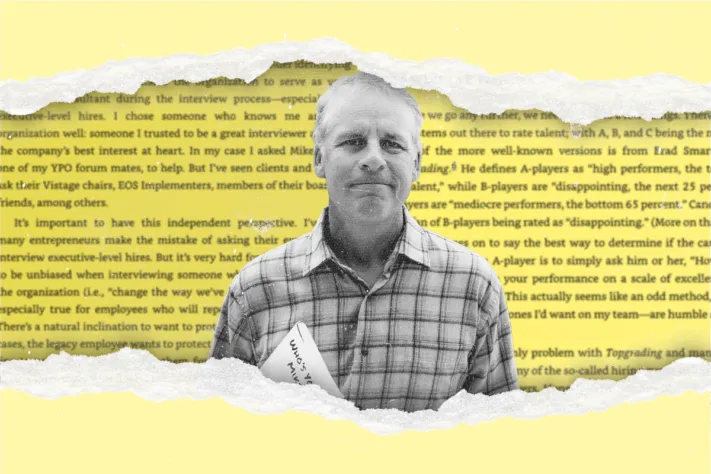HireBetter Presents
Who's Your Mike?
A no-bullshit guide to the people you’ll meet on your entrepreneurial journey written by Kurt Wilkin, Founder of HireBetter.



The Business Book for People Who Hate Business Books
Growing a business is tough. Entrepreneurs usually start off by cobbling together a team of self-starters willing to bust their asses for the company. Those scrappy teams fit perfectly in your startup culture. But what happens when you reach $20 million in revenue, or 40 or 50 million—and those same dedicated employees are holding you back?
Let’s face it, sometimes your needs exceed their abilities. People decisions are hard, especially if they’re close to us. As a result, many entrepreneurs end tiptoe around these issues—and we end up learning many lessons the hard way.
Whether you suffer from a Mike, don’t know what to do with a Bounce-Around Betty, or need to rid yourself of a Pipeline Paul, Who’s Your Mike? can help you diagnose issues before they arise and make those challenging people decisions that are holding you back.

Who's Your Mike? Quiz
If you’re an entrepreneurial leader, you’ve probably made more than a few hiring, firing, or promotion mistakes. No judgment–people decisions are hard. We’ve all been there!
This assessment is the first step toward figuring out where you may have people problems. When your issues are clear, you can identify how to take your company to the next level.
Ready to find out?
What Readers Are Saying
Founders who are scaling their companies successfully eventually find that they have too much ‘start up culture’ in their organization, which can be painful for the team to endure. There comes a day when we have to face the reality that we’re lacking executives who can build and scale processes. Who’s Your Mike? will provide some clarity on this subject for entrepreneurs everywhere.
Paul Hedrick
Founder & CEO, Tecovas
The stories Kurt shares in Who’s your Mike? are eerily familiar. I’ve seen so many of these characters in my career, and entrepreneurs everywhere will recognize most of them, as well. For most entrepreneurs, there comes a time when you realize you’ve simply outgrown key members of your team.
Doug Tatum
Author, No Man’s Land
Entrepreneurs often look for a silver bullet when it comes to hiring. Who’s Your Mike? will dispel that myth and provide pages of powerful stories, tips, and tools for dealing with the ‘people’ part of growing your company.
















